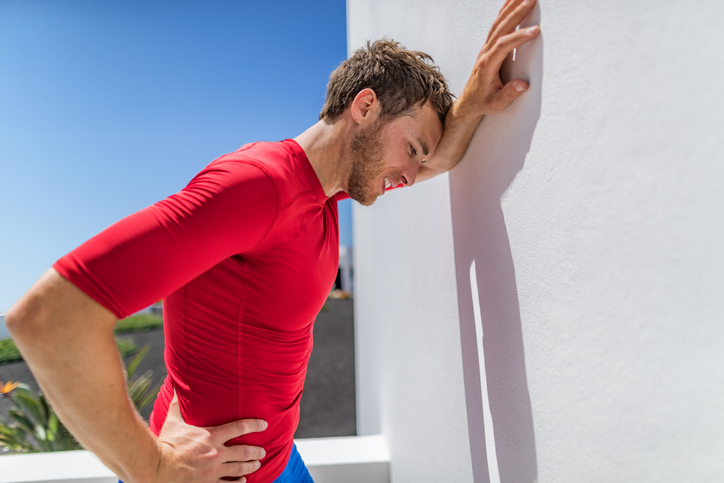Exercise is an important part of life. It’s been shown that regular cardiovascular exercise can help to extend lifespans. It’s recommended that you get 150 minutes of moderate activity each week. This can be reduced to 120 minutes if you partake in vigorous exercise.
All exercise should raise your heart rate as this ensures you are getting the appropriate benefits. However, if you are exercising then it’s important to stay hydrated. Of course, you should choose high-quality water, such as a water cooler offering RO water.
This filters out contaminants and ensures you are using high-quality water, allowing your body to benefit. If you don’t drink high-quality water or aren’t staying hydrated, you’re likely to face these issues:
Overheating
When you exercise your body works harder than usual. The movement of muscles generates heat and your body reacts by sweating, helping to maintain body temperature.
Of course, sweating depletes the water content in your body, leaving you at risk of overheating. Excess heat can damage your muscles, cause heat cramps, and even trigger exhaustion.
Alongside this, you’ll be dehydrated which causes confusion, fatigue, and a variety of other symptoms which will negatively impact your ability to exercise or function normally.
Reduced Blood Pressure
Water is an important ingredient in your blood, dehydration means there is less water which effectively thickens the blood and makes it more difficult for your heart to pump the blood around your body. This doesn’t just cause a drop in blood pressure, it will reduce the ability of blood, and the nutrients it carries, from getting to your vital organs.
You’re likely to feel weak, light-headed, and, in extreme cases, may even go into shock.
Kidney issues
Your kidneys process all the waste and toxins in your body and remove them, allowing you to excrete the unwanted products as urine. Your kidneys rely on a good supply of water to perform this task. If you’re dehydrated and your body doesn’t have enough water then your kidneys can stop working. This will be temporary. However, even mild occurrences of dehydration can cause kidney complications and ultimately kidney failure in the future.
Nausea
This is perhaps the most obvious sign that you’re dehydrated. If you’re exercising and you suddenly feel sick or actually vomit, you’re probably dehydrated. It can cause muscle cramps and is a clear sign that you have an imbalance of minerals in your body which needs to be corrected before you damage your body.
Fatigue
Another sign that you are dehydrated is when you feel tired, even though you wouldn’t normally. This is common when you exercise in hotter weather than usual as you underestimate how much water your body is losing.
Of course, tiredness leads to poor form and an increased risk of injury.
Avoiding dehydration
The best approach is to hydrate with a large glass of water before you start exercising. Then, when exercising make sure you consume more water or an isotonic fluid while exercising. The equivalent of a small glass of water every 15 minutes should be enough.

